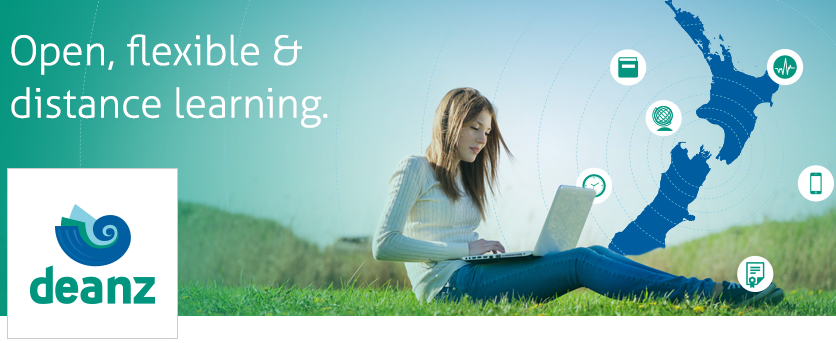You are invited to contribute to an innovative Online International Conference exploring the relationship between the theory and practice of assessment and feedback in higher and further education.
The conference is part of the Re-engineering Assessment Practices (REAP) project, a £1m initiative funded by the Scottish Funding Council under its e-Learning Transformation initiative. REAP is a collaboration across the University of Strathclyde, University of Glasgow and Glasgow Caledonian University. REAP is evaluating the impact of new assessment practices supported by technology at course, faculty and institutional level.
CONFERENCE THEMES
Focusing on assessment FOR learning in tertiary education the conference has three themes to be addressed through keynotes, case studies and structured discussions.
Theme 1: Assessment and the first year experience
Theme 2: Great designs for assessment
Theme 3: Institutional strategies (designs) for assessment
KEYNOTE SPEAKERS INCLUDE:
-
Mantz Yorke, Visiting Professor in the Department of Educational Research, Lancaster University, UK
-
David Boud, Professor of Adult Education and Dean of the University Graduate School at the University of Technology, Sydney, Australia
-
Trudy Banta, Professor of Higher Education and Vice Chancellor of Planning and Institutional Improvement at Indiana University-Purdue University, Indianapolis, USA
HOW TO PARTICIPATE
Submit a short reflective case study of an assessment design or institutional strategy that promotes ‘assessment FOR learning’ at course, faculty or institutional level. These should be submitted by 28th March 2007 OR Submit a set of principles of good assessment and feedback practice or some ‘questions worth asking’ about assessment theory or practice by 28th March 2007 AND/OR Join the discussions online on May 29th-31st 2007.
Registration is free but all participants must register between 10-18th May 2007
More information is available from the
conference site at: www.reap.ac.uk



